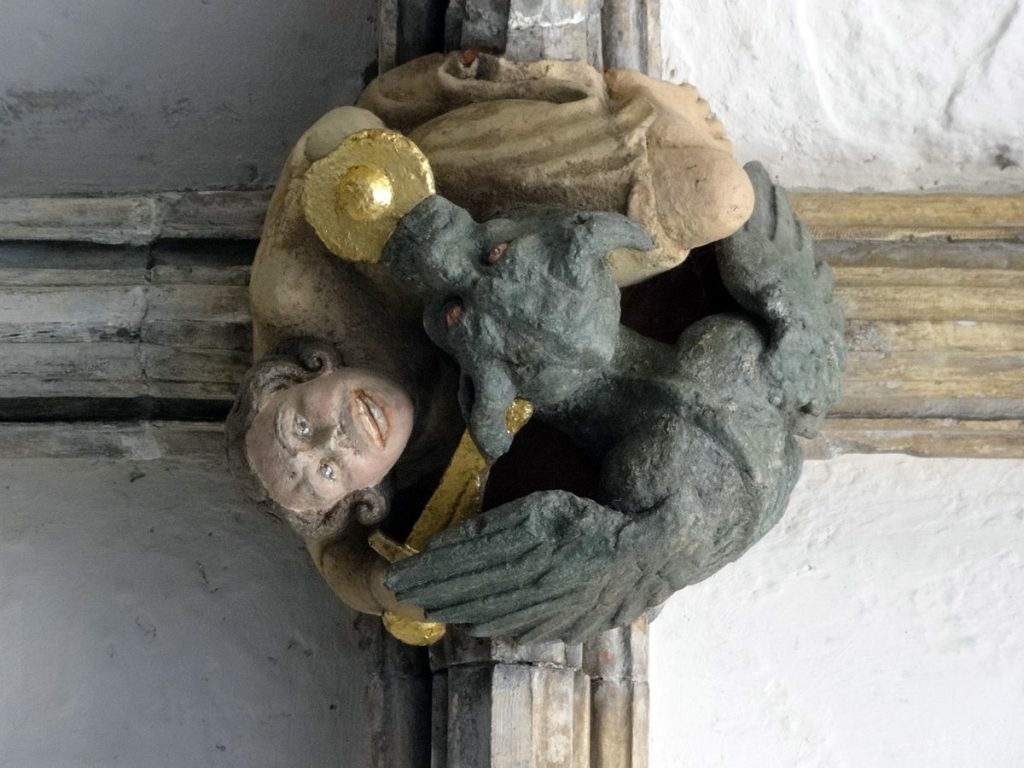by Lois Tverberg
“You travel over land and sea to win a single convert, and when he becomes one, you make him twice as much a son of hell as you are. Matt. 23:15
Jesus’ words are shocking in the passage above, and one wonders about what context could have provoked such a harsh statement from him. Some interesting possibilities arise when we know more about what first-century reality. According to Josephus, a positive attitude toward Judaism was widespread in the Roman Empire. He said,
There is scarcely a nation among the barbarians, nor a city among the more civilized Greeks, that does not greet our customs with enthusiasm, or that does not wish to adopt our dietary customs, our sabbatical rest, even the lighting of our Sabbath candles…..1
And we know from the Gospels and Paul that many God-fearing Gentiles joined the Jews to worship Israel’s God in each town’s synagogue. Jesus healed the servant of the centurion (Matt. 8:5-13) and God sent Peter to Cornelius, who also was a God-fearer (Acts 10). Both Cornelius and the centurion were considered righteous, so it doesn’t seem likely that Jesus was criticizing the practice of inviting Gentiles to worship the true God of Israel.
These Gentiles who worshipped the God of Israel were not considered actual “converts” or “proselytes” to Judaism because they hadn’t become circumcized, which was the sign of the covenant given to Abraham. It may surprise readers today that there were some who were radically opposed to this. Hippolytus (~236 AD) wrote that this was true of some of the Zealots:
But the adherents of another party, if they happen to hear any one maintaining a discussion concerning God and His laws–supposing such to be an uncircumcised person, they will closely watch him and when they meet a person of this description in any place alone, they will threaten to slay him if he refuses to undergo the rite of circumcision. Now, if the latter does not wish to comply with this request, an Essene spares not, but even slaughters. And it is from this occurrence that they have received their appellation, being denominated (by some) Zelotae, but by others Sicarii. 2
The Zealots were violently opposed to the rule of Rome and any friendliness between Jew and Gentile. Josephus relays that some would walk with short daggers and assassinate any Jews that they believed were too sympathetic to the Roman empire, or were not strict enough in their obedience to the law. They were extremely rigid and isolationistic, and wanted Jews to be entirely separate from the pagan world around them. They saw the Scripture as something only accessible by God’s chosen people and no one else. From the passage above, it seems that they would have hated God-fearers and sought to either convert them entirely to their form of Judaism, or else kill them.
Is it possible that Jesus is talking to these people who forced conversions and then recruited from their ranks to make more violent defenders of Judaism? It is hard to know, but it is a possibility. It also gives an interesting background of why Paul was so persecuted by the “circumcision group” and why he had such strong feelings against them. God loves all people, not just the Jews, and he wanted the Gospel to reach all the nations.

1 As quoted in “The Conversion Debate”
2 Refutation of All Heresies, ch. 21.
Photo: https://commons.wikimedia.org/wiki/User_talk:Fæ

